
By ANNAKAI HAYAKAWA GESHLIDER, Rafu Contributor
In the nearly 30 years since the JACL National Council passed a resolution to support same-sex marriage at the organization’s 1994 convention in Salt Lake City, the memories of that campaign for Jon Kaji, Bill Kaneko, Trisha Murakawa and Ruth Shikada are a mixed bag of pride in having done the right thing — and personal trauma.
The four, who at the time held national-level positions in the JACL, reunited for a workshop titled “The Impact of Taking Bold Action,” which took place July 22 at the Japanese American National Museum’s Tateuchi Democracy Lab during the 2023 National Convention.
For this quartet, the word “impact” was not just about helping steer the JACL toward taking such a forward-looking stance on the issue of same-sex marriage, at a time when no other national civil rights organization of similar stature had done so. The impact of that bold action was one that would also exact a toll on them personally, within the Japanese American community and upon their once-active roles in JACL.
“I wanted to live my values,” said Murakawa, on her decision to leave the JACL in 1994 in protest of the organization’s growing division over the issue.
That year, the organization was in the “post-redress phase,” said Kaji, who served as secretary-treasurer at the time. A presidential apology for incarceration during World War II had been issued, and checks had gone out to Japanese Americans around the country. Kaji recalled that following the tremendous achievement of the redress movement, JACLers were wondering: “What’s next?”
When in April 1994 the Hawaii State Legislature voted to outlaw same-sex marriage, Kaneko brought the issue to the National Board.
At the time, Kaneko was national vice president of public affairs, and a member of the Honolulu Chapter. On Feb. 12, 1994, he introduced a measure in support of same-sex marriage at the meeting of the JACL National Board.
The decision sparked varying responses. Some board members opposed the idea, stating the issue was not within the purview of the JACL’s goals or pertinent to enough members to necessitate a motion. Others voted in favor, believing it was a civil rights issue and one relevant to the lives of many members. The final vote before the National Board: ten in favor, two against, and three abstentions.
Following the motion’s passage, tensions over the issue erupted. “When the board took a position, all hell broke loose,” Kaneko remembers. Long-time staffers stepped down, including those who supported and opposed the JACL taking on the issue.
“As a Christian, I believe the issue of same-sex marriage is a moral issue and not a civil rights issue,” said Allen Kato, the national legal counsel, who resigned in May 1994 in protest of the board’s decision. “I believe homosexual marriage is morally wrong.”
As debate heated up, the Mountain Plains District voted against supporting same-sex marriage. Not long after, the Pacific Southwest District, where panelist Ruth Shikada (then Ruth Mizobe) was governor, became the first district to declare support for the issue.
In May 1994, the Mount Olympus Chapter hosted a meeting of the National Council in Salt Lake City. When the chapter sponsored a resolution to rescind the JACL’s support for same-sex marriage, Murakawa immediately began preparing for the convention in August. “We knew we were going to have to do some serious community organizing,” she said.
Proponents teamed up with the L.A. LGBT Center, Human Rights Coalition, and Parents, Families, and Friends of Lesbians and Gays (PFLAG) to garner more support for the issue.
Panelists recalled working on the ground, starting up one-on-one conversations across the country about why they felt same-sex marriage was a civil right. They printed 20-page packets with arguments in support and distributed them to every chapter in the country, Kaneko remembers. The fight taught him the nitty-gritty required for working towards a political goal. “You can’t just take a position and let it happen,” he said. “You have to work.”
When August rolled around, the Mount Olympus Chapter hosted the National Convention. Not knowing which way the vote would swing, the morning of the National Board meeting brought high emotion and nerves. The deciding moment came when a former San Jose Chapter president, Rep. Norman Mineta, took the podium — something highly unusual for a member in the midst of a debate, Kaneko said. “When he took the podium, you could hear a pin drop.”
What happened next completely flipped the feeling in the room. In a moving speech, Mineta reminded listeners that Rep. Barney Frank of Massachusetts, the first congressman to voluntarily come out as gay, had been a leader in the fight for redress in Congress — and that Japanese Americans thus owed him respect. “Did we ever question his sexual orientation when he was helping us?” Kaneko recalls Mineta asking the audience.
The National Council voted not to pass the Mount Olympus Chapter’s resolution to rescind support for same-sex marriage. 38 voted for, 50 against, four chapters split votes, and 11 abstained.
It was an emotional time, Murakawa said. The moment the vote was over, people within the JACL began coming out to her and others. “To see these folks among us for the first time in their lives be validated by a community outside of their own LGBT community, on a national level, was the most wonderful and compelling and beautiful thing,” she said. “People who have held that secret about themselves inside their entire lives.”
“I was at that ’94 convention, and the passage for supporting the Hawaiian same-sex marriage bill was one of my greatest JACL experiences,” said Jim Oshima of the Contra Costa Chapter, who attended the panel at this year’s convention.
Following the vote, tensions continued to mount. Denny Yasuhara, JACL president at the time,fired five National JACL staff members (including the newly appointed national executive director), all of whom had supported same-sex marriage — which “we saw as payback,” Kaji remembers.
It was “gutting the national staff, and there was really nobody left to do the work of the organization,” Shikada said.
In protest of the retaliatory firings, in August 1995 Shikada and Murakawa decided to resign from the JACL. Bitter backlash ensued. “It was painful,” Shikada said. “I withdrew from the community.” Still, the experience only affirmed her desire to continue organizing for justice, and “really guided me as I moved through my professional career.”
She has been working in local government for the last 30 years, including as an assistant city manager for the City of Santa Clara. This year’s convention was the first she attended since departing the organization during the controversy.
Looking back, Shikada sees a period of groundbreaking change. “We brought forward a lot of issues that were … kind of pushing the envelope a bit,” she said. “And it was uncomfortable for people.”
Coming out in support of same-sex marriage in a homophobic society was not something easily done. During this period of change for the JACL, Kaji attended a summer camp held by his church. There, he watched as others gave him the silent treatment, acting like he didn’t exist. “Each of us, some of us in our own way, had to pay a price,” Kaji said.
The panelists were not the only ones to pay. While Murakawa, Shikada, and Kaji moved on to other endeavors after departing the JACL, the organization was deprived of their enthusiasm and leadership for 30 years.
When organizing to support the resolution for same-sex marriage, Murakawa was vice president for planning and development. She too feels her time with the JACL rooted her, preparing her for future work. She now works as the chief problem-solver for a communications firm, dealing with water, transportation and waste. She also serves as a trustee of El Camino Community College District, and organizes for the well-being of foster and formerly-incarcerated youth.
“Pretty much everything that I do for a living, I learned from my experiences in community organizing through the JACL,” Murakawa said.
Following the struggle, Kaneko went on to advocate for the rights of migrants from Micronesia, as well as found the Hawaii Institute for Public Affairs, an influential public policy institute. He helped several leaders win public office, including Neil Abercrombie, a former congressman and Hawaii governor.
Kaji went on to win a seat on the Torrance City Council.
Like the others, he believes his experiences in the same-sex marriage fight gave him the building blocks to understanding civic engagement and community-building. “You’re not going to get this sitting in a classroom,” Kaji said.
“If we as an organization didn’t take this step, I don’t know where we’d be today,” he added.?
A version of this article originally appeared inPacific Citizen.
 ash: "It doesn't feel like a fluke, it's not like we're just winning off vibes"
ash: "It doesn't feel like a fluke, it's not like we're just winning off vibes"
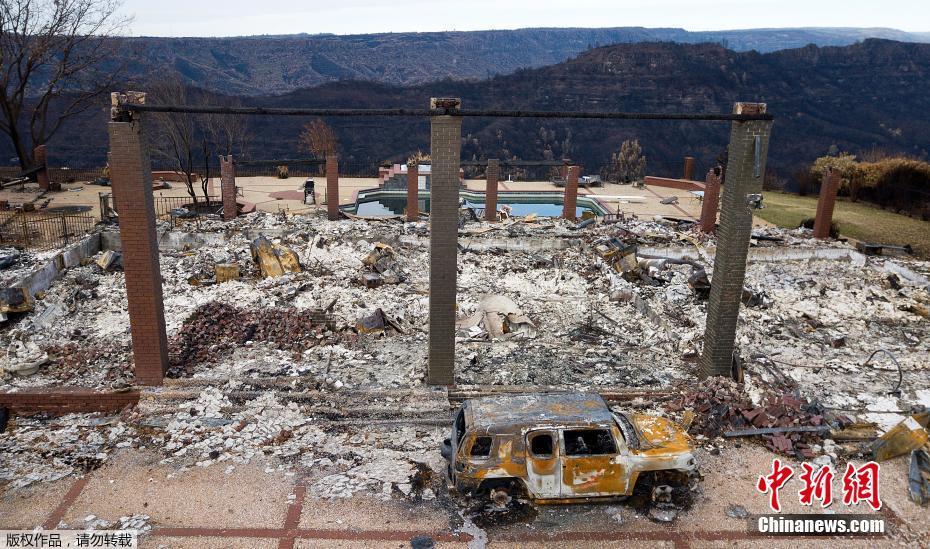 Watch these adorable dogs absolutely crush the cheese challenge
Watch these adorable dogs absolutely crush the cheese challenge
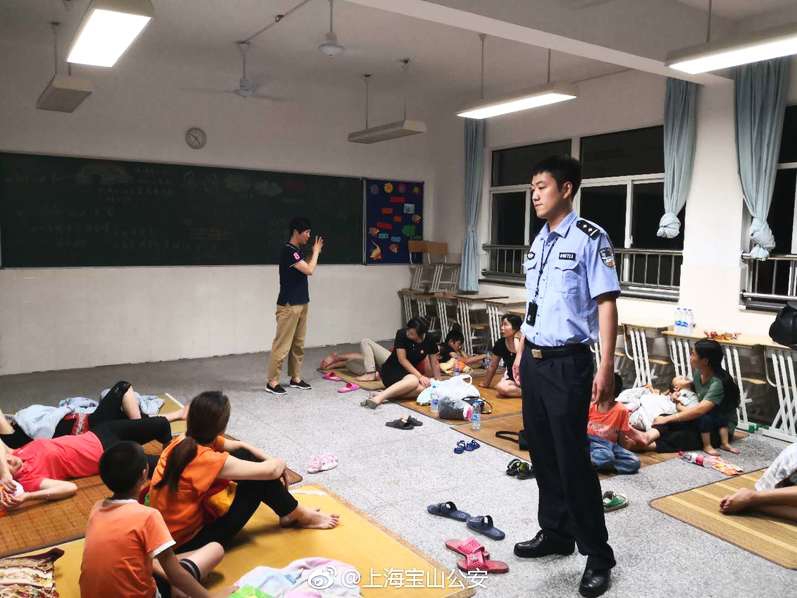 Judge trying the Statue of Liberty climber wants to make the climb too
Judge trying the Statue of Liberty climber wants to make the climb too
 Forbes gets roasted for naming Kylie Jenner its youngest 'self
Forbes gets roasted for naming Kylie Jenner its youngest 'self
 G2 secure Legends Stage over ENCE, Liquid survive against 9z
G2 secure Legends Stage over ENCE, Liquid survive against 9z
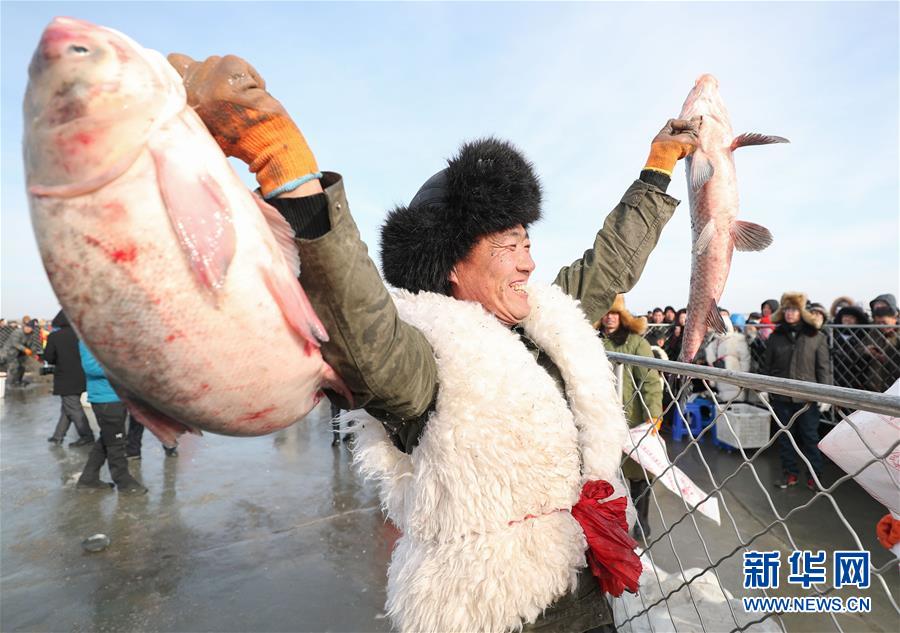 In weird career move, Sean Spicer is now talking about the Oscars on 'ExtraTV'
In weird career move, Sean Spicer is now talking about the Oscars on 'ExtraTV'
 10 ways you can show off your favorite tweets in the real world
10 ways you can show off your favorite tweets in the real world
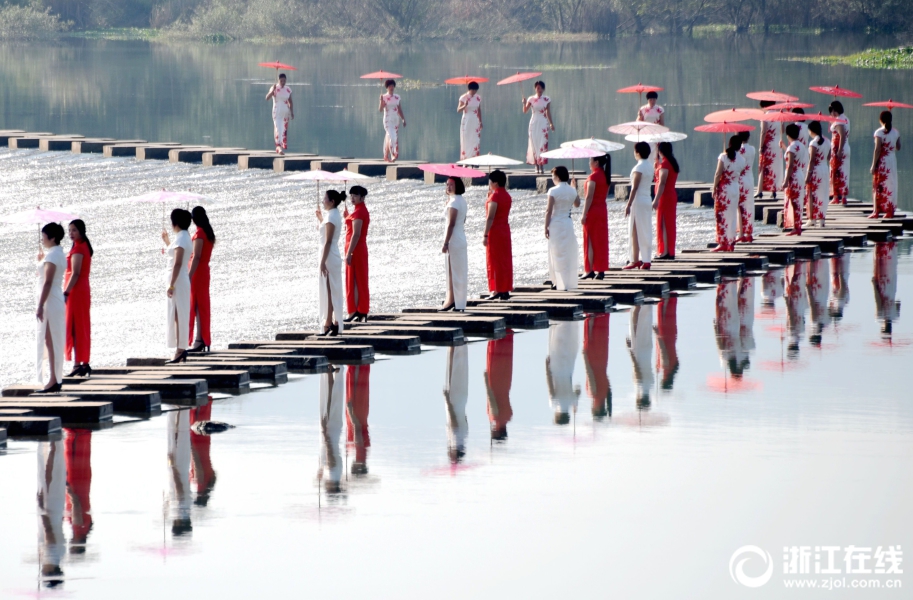 The summoning circle meme calls upon your deepest, darkest desires
The summoning circle meme calls upon your deepest, darkest desires
 Yokoyama Named Mayor of Cerritos
Yokoyama Named Mayor of Cerritos
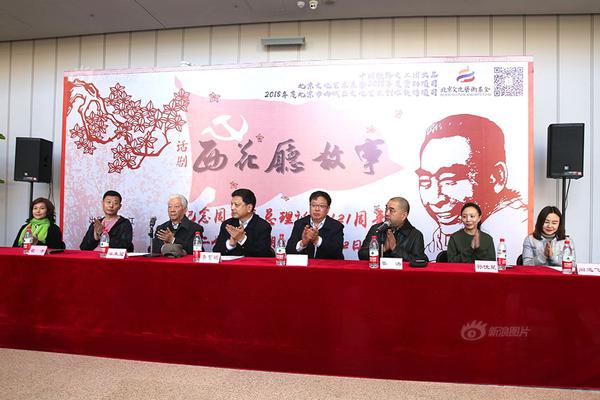 Watch this dad's hilarious reaction to his 8
Watch this dad's hilarious reaction to his 8
 Primate Portraits in Hiroshi Watanabe’s ‘Sarumawashi’
Primate Portraits in Hiroshi Watanabe’s ‘Sarumawashi’
 Chrissy Teigen tweets hilarious Oscars jab at her husband
Chrissy Teigen tweets hilarious Oscars jab at her husband
 Dude gets caught eating pizza live on camera outside the Cohen hearing
Dude gets caught eating pizza live on camera outside the Cohen hearing
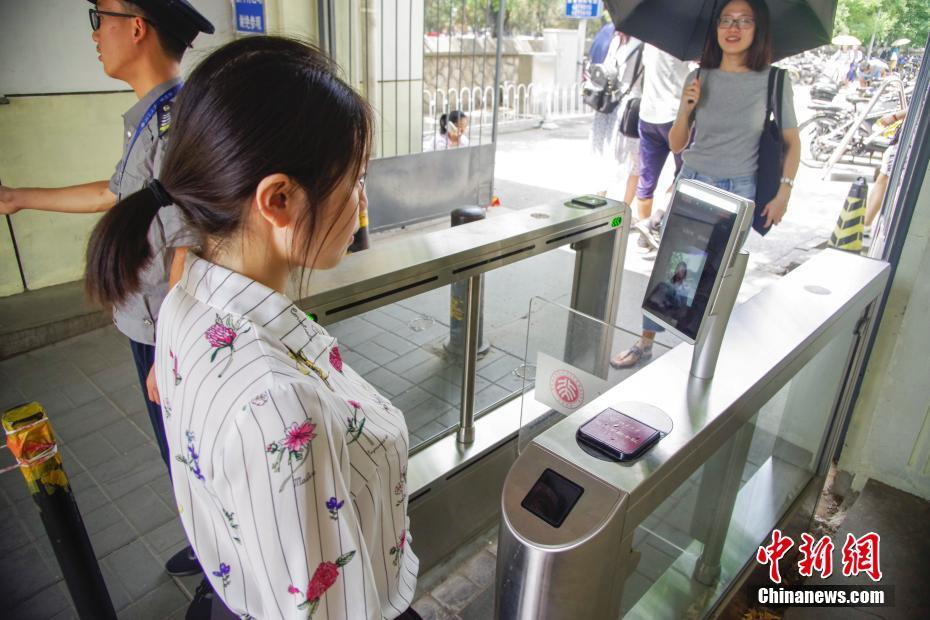 The 'Thanks, I hate it' subreddit is a great home for a timeless meme
The 'Thanks, I hate it' subreddit is a great home for a timeless meme
 Otsuka Exhibits ‘Kimono Ink: The Art of the Tattoo’
Otsuka Exhibits ‘Kimono Ink: The Art of the Tattoo’
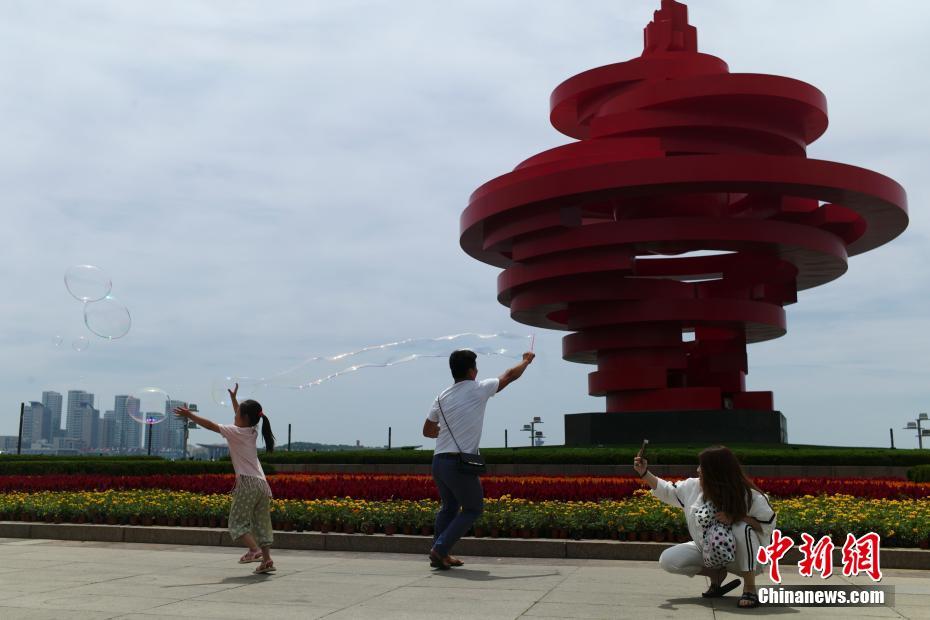 Watching plants grow is the best part of the slow web
Watching plants grow is the best part of the slow web
 Lady Gaga fixed Rami Malek's tie on the red carpet and it's too wholesome
Lady Gaga fixed Rami Malek's tie on the red carpet and it's too wholesome
 Royal family introduces social media rules following online abuse of Meghan and Kate
Royal family introduces social media rules following online abuse of Meghan and Kate
 Kazuo Masuda VFW Post Honors Local Eagle Scout with Prestigious Award
Kazuo Masuda VFW Post Honors Local Eagle Scout with Prestigious Award
 Miley Cyrus tweets the funniest moment from her and Liam Hemsworth's wedding
Miley Cyrus tweets the funniest moment from her and Liam Hemsworth's wedding
Netflix's 'Run Rabbit Run' ending, explained: What happened to Alice?LIVE: Prime Day Apple deals during day two — MacBooks, iPads, AirPods, moreGoogle adjusts privacy policy allowing use of public data for AI training'Insidious: The Red Door' review: A fine final chapter to close The Further'Quordle' today: See each 'Quordle' answer and hints for July 8Wordle today: Here's the answer and hints for July 5Apple's Vision Pro might be tricky to get in 2024Wordle today: Here's the answer and hints for July 5Gfycat is shutting down, so save your reaction GIFs nowBest Prime Day 2 smartphone deals: Samsung Galaxy, Google Pixel, more Unnamed and Unsurveilled Best coffee machine deal: Save 25% on Philips Series 3300 espresso machine Chinese EVs’ share of global market rose in 2023: industry group · TechNode China’s Dongfeng starts pre Best Beats deal: Save $70 on Beats Studio Buds + at Amazon Great Wall Motor’s profit down 15% in 2023 · TechNode Pod Save Antarctica Intel’s Nova Lake processor to adopt TSMC 2nm process technology · TechNode CEO states enhancing “sense of crisis” is primary goal for ByteDance · TechNode BMW launches China
0.1451s , 10033.0703125 kb
Copyright © 2025 Powered by 【????? ??????】Pride and Personal Trauma,Global Hot Topic Analysis